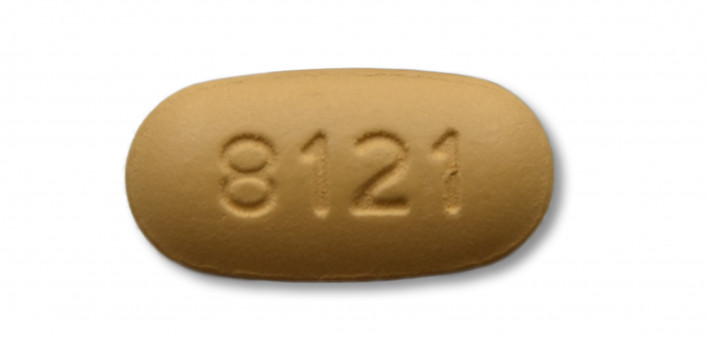Janssen’s newly approved antiretroviral regimen Symtuza (darunavir/cobicistat/emtricitabine/tenofovir alafenamide) is safe and effective after 96 weeks of treatment among people starting HIV treatment for the first time.
Presenting their findings at the International Congress on Drug Therapy in HIV Infection (HIV Glasgow), researchers conducted a randomized, double-blind, active-controlled, international multicenter noninferiority Phase III trial called AMBER. The trial randomly assigned 362 people to start treatment with Symtuza and 363 people to start treatment with Prezcobix (darunavir/cobicistat) plus Truvada (tenofovir disoproxil fumarate/emtricitabine).
Forty-eight week results from AMBER were previously presented at the 16thEuropean AIDS Conference in Milan in November 2017.
At week 96, among those who received Symtuza, 85 percent (308 of 362) had a fully suppressed virus at that time and 6 percent (20 of 362) had ever experienced a viral load above 50 during the study.
No one in the study developed viral mutations associated with Prezista (darunavir), their primary protease inhibitors or tenofovir. Through 96 weeks, two participants in the Symtuza arm developed a resistance-associated mutation, known as M184I/V, to Emtriva (emtricitabine).
Symtuza was well tolerated, with 11 percent (39 people) experiencing serious adverse health events and 3 percent (10 people) discontinuing treatment due to adverse health events. The treatment’s safety profile for bone, kidney and blood lipids was consistent with what is known about the safety profiles of tenofovir and Tybost (cobicistat), including a small change in the total cholesterol to HDL cholesterol ratio.
All told, the safety and efficacy results for Symtuza at 96 weeks were consistent with those seen at 48 weeks.
To read a press release about the study, click here.







Comments
Comments